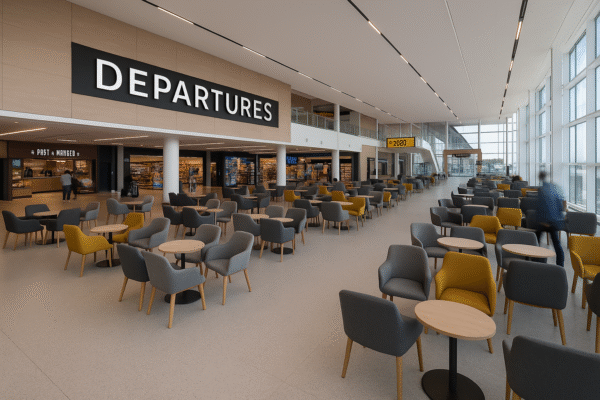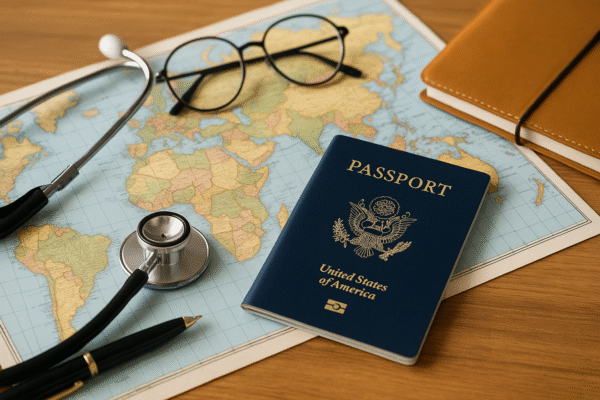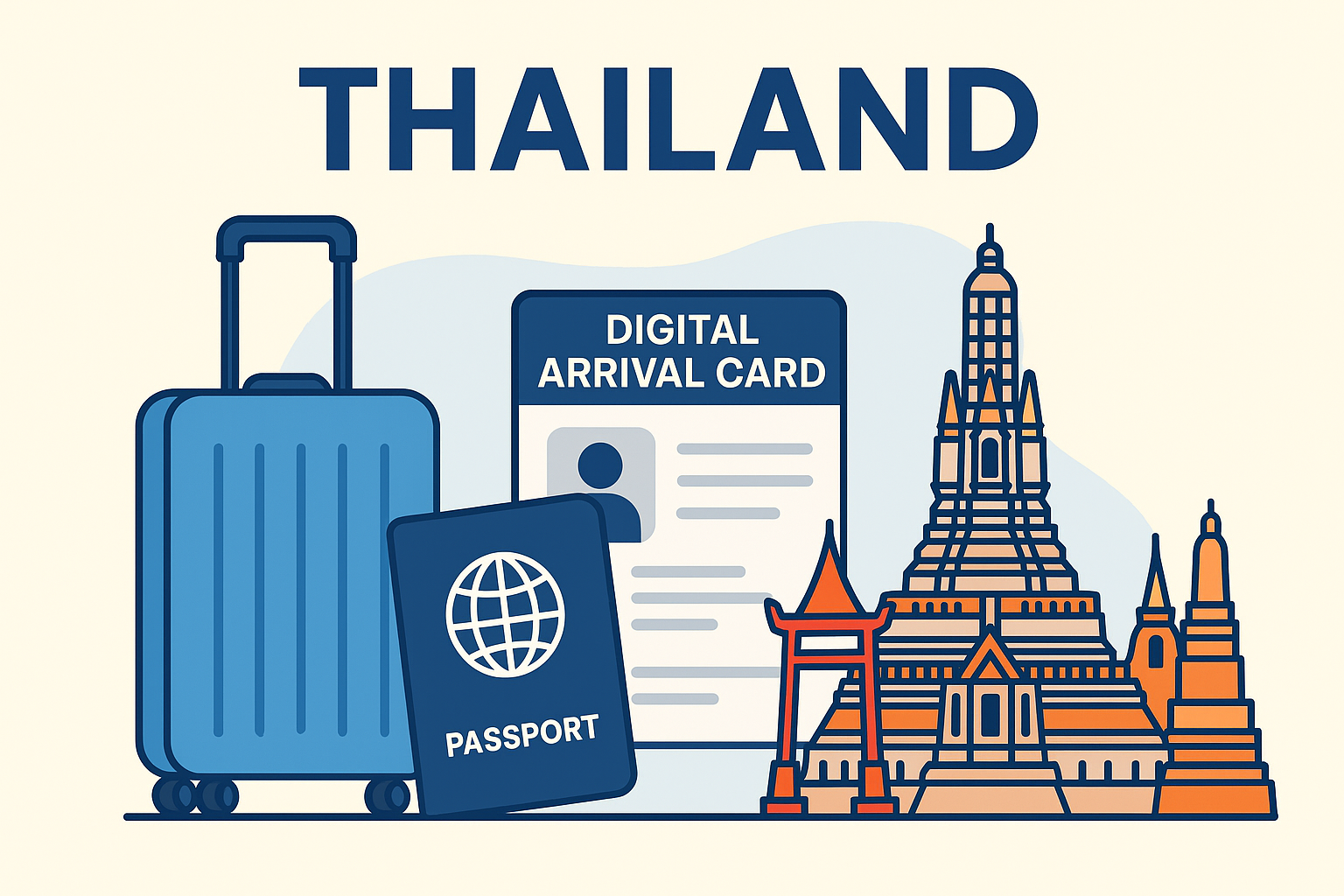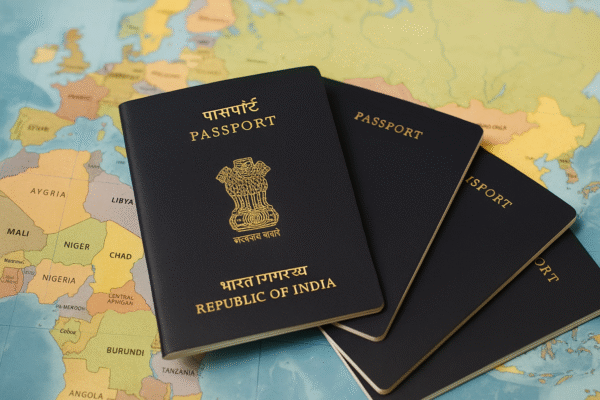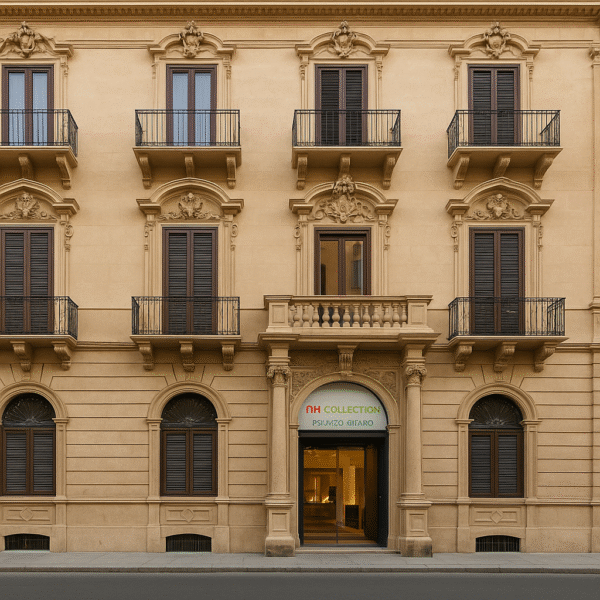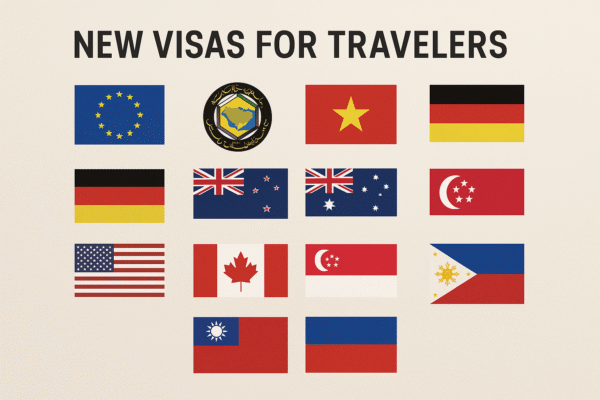As the world economy grows increasingly digital and borderless, the European Union and a coalition of progressive nations—including the United States, Canada, Vietnam, the GCC states, Australia, New Zealand, Germany, Singapore, Taiwan, and the Philippines—are rewriting the rules of international mobility. With new visa programs targeting digital nomads, entrepreneurs, investors, and skilled professionals, these governments are building a shared future of flexible, inclusive, and opportunity-driven travel in 2025 and beyond.
From remote work visas to startup migration routes, this coordinated global effort is designed to facilitate economic recovery, foster innovation, and attract global talent. Here’s how each country is contributing to the global shift.
EU: Launching ETIAS to Streamline Travel Across the Schengen Zone
The European Union is rolling out the European Travel Information and Authorisation System (ETIAS) by 2026. While not a traditional visa, ETIAS introduces a mandatory online pre-clearance system for visa-exempt travelers entering Schengen countries. The system aims to increase border security, streamline processing, and collect essential data on short-term visitors. ETIAS will be required for travelers from over 60 countries, including the U.S., Canada, and Australia.
GCC: Unified Visa Set to Transform Middle East Tourism
The Gulf Cooperation Council is preparing to launch a landmark unified tourist visa, enabling travelers to move freely across all six member nations—UAE, Saudi Arabia, Qatar, Bahrain, Kuwait, and Oman. Set to take effect in late 2025 or early 2026, the visa is modeled on the Schengen system and will foster multi-country itineraries, simplify travel logistics, and support the region’s ambitious tourism diversification plans under Vision 2030.
U.S.: New Gold Card Residency and Diversity Visa Reforms
The U.S. is introducing the “Gold Card Residency Visa” in 2025, which grants permanent residency to individuals who invest a minimum of $5 million in the American economy. Simultaneously, the Diversity Visa Program will expand in 2026 to distribute up to 50,000 immigrant visas via a global lottery.
The U.S. is also implementing a new $250 Visa Integrity Fee for non-immigrant visa applicants, part of its wider immigration modernization strategy.
Vietnam: Golden Visa Exploration and Extended Exemptions
Vietnam continues to attract long-term visitors and investors through progressive reforms. Visa exemptions for nationals from 12 countries were extended through 2028, and plans are underway to introduce a Golden Visa for high-value investors. These changes are expected to attract foreign capital to Vietnam’s tech, real estate, and manufacturing sectors.
Australia: National Innovation Visa Replaces Global Talent Stream
Australia’s upcoming National Innovation Visa (NIV), launching in 2025, targets high-performing individuals across academia, arts, science, and entrepreneurship. It offers a fast-track to permanent residency for global talent who can directly contribute to the nation’s research and innovation ecosystem.
Germany: Freelance Visa Still Among Europe’s Most Sought-After
Germany’s Type D Freelance Visa continues to attract independent professionals, especially in Berlin. It allows digital nomads, creatives, and IT workers to live and freelance legally within the country. Applicants must demonstrate a viable income stream, local contracts, or demand for their services within Germany.
New Zealand: Investor Visa Reform for High-Value Migrants
New Zealand’s 2025 visa reforms introduced two new streams: a NZ$5 million Growth Visa and a NZ$10 million Balanced Visa. Both options require job creation or measurable contributions to innovation and sustainability within New Zealand. These changes align with the country’s vision to grow strategic sectors like clean tech and agriculture.
Canada: Startup Visa Attracting Global Entrepreneurs
Canada’s Startup Visa remains a global benchmark. Open to founders with support from designated Canadian venture capital firms or angel investors, it offers permanent residency to entrepreneurs with scalable ideas. The program continues to strengthen Canada’s status as a hub for innovation-driven immigration.
Singapore: EntrePass Boosts Southeast Asia’s Business Gateway
Singapore’s EntrePass enables foreign entrepreneurs to set up and grow businesses in high-potential sectors, including fintech, medtech, and sustainable energy. With strong government backing and access to regional markets, Singapore remains a key launchpad for startup founders targeting Asia-Pacific.
Taiwan and the Philippines: Tropical Digital Nomad Paradises
Taiwan launched its Digital Nomad Visitor Visa in 2025, allowing remote workers to stay up to 180 days. Applicants must meet income thresholds and provide proof of employment.
Meanwhile, the Philippines will debut its Digital Nomad Visa in June 2025, positioning the archipelago as a tropical remote work haven. Offering affordability, high-speed internet hubs, and visa extensions, the program supports the country’s tourism and tech sector goals.
What This Means for the Future of Global Tourism and Work
These coordinated visa initiatives reflect a global consensus: attracting mobile professionals, investors, and entrepreneurs is no longer just a trend—it’s an economic imperative. Governments are rewriting immigration policies to empower innovation, support tourism recovery, and compete in the global talent race.
By 2026, borderless business and location-independent lifestyles will be more accessible than ever. Whether you’re a digital nomad chasing sun and Wi-Fi, a venture capitalist eyeing new markets, or a startup founder launching globally, the new visa landscape welcomes you.
For more travel news like this, keep reading Global Travel Wire

